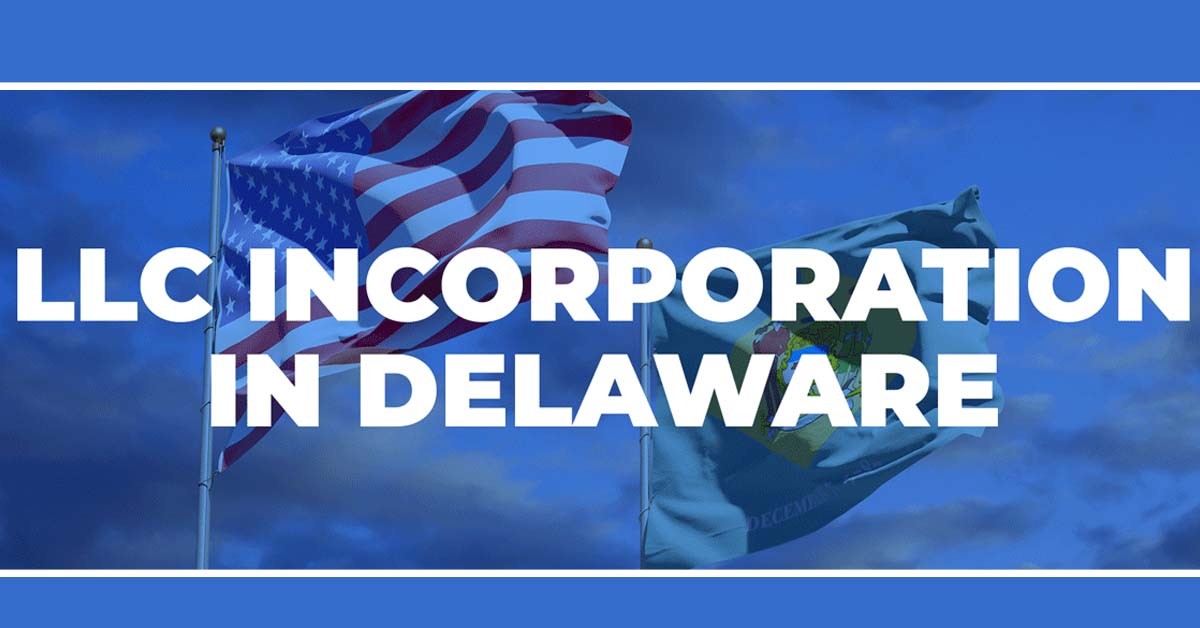Unlocking the Passthrough Tax Benefits of a Delaware LLC for Non-Resident Owners
Presented by G.O.C - Your Leading Offshore Service Provider
Introduction: Harnessing Tax Efficiency with Delaware LLCs
For non-resident entrepreneurs and investors, establishing a Delaware Limited Liability Company (LLC) opens doors to a realm of advantageous tax structures. Delaware, with its business-friendly environment, offers a unique blend of asset protection and tax benefits, making it a preferred jurisdiction for businesses aiming to optimize their tax strategies. One of the most significant advantages is the passthrough tax treatment, which can prove highly beneficial for non-resident owners.
Passthrough Tax Treatment: Unveiling the Concept
The passthrough tax treatment is a key feature of the LLC structure, offering non-resident owners distinct tax advantages. Unlike traditional corporations, where profits are taxed at both the corporate and individual levels, the passthrough tax treatment allows LLC owners to "pass through" business income or losses directly to their personal tax returns. This means that the LLC itself is not subject to federal income tax; instead, the tax liability is transferred to the individual owners, enabling potential tax savings.

Non-Resident Considerations: Tax Implications of Delaware LLCs
For non-resident owners of a Delaware LLC, understanding the tax implications is crucial for effective tax planning. Here are key aspects to consider:
- Pass-Through Taxation: Delaware LLCs, irrespective of their owners' residency, enjoy the passthrough tax treatment. This means that non-resident owners can avoid double taxation, paying taxes only at the individual level based on their share of the LLC's profits or losses.
- No State Income Tax for Non-Residents: Delaware does not impose state income tax on non-residents. This feature provides non-resident owners with further tax benefits, as they are not required to pay state taxes on their share of the LLC's income.
- Federal Tax Obligations: While Delaware exempts non-resident owners from state income tax, federal tax obligations still apply. Non-resident owners need to report their share of the LLC's income on their federal tax returns. It's essential to be aware of federal tax regulations and file the necessary forms accurately.
- Effect of International Tax Treaties: If the non-resident owner's home country has a tax treaty with the United States, certain provisions might influence the taxation of income earned from the Delaware LLC. These treaties can impact withholding rates on dividends, interest, and royalties, influencing the overall tax liability.
- Engage Professional Guidance: Given the intricacies of international tax laws and regulations, seeking expert advice from tax professionals who specialize in cross-border taxation is highly recommended. They can help non-resident owners navigate the complexities and ensure compliance with both U.S. and home country tax requirements.

Conclusion: Empowering Non-Resident Owners with Tax Efficiency
Non-resident owners of Delaware LLCs are presented with a unique opportunity to leverage the passthrough tax benefits and establish a tax-efficient business structure. By comprehending the principles of pass-through taxation, capitalizing on Delaware's lack of state income tax for non-residents, and staying informed about international tax treaties, non-resident entrepreneurs and investors can optimize their tax strategies while benefiting from Delaware's renowned business environment.
For comprehensive guidance on establishing and managing a Delaware LLC as a non-resident, explore our offshore services at G.O.C. Our experts are dedicated to assisting you in unlocking the full potential of your business while ensuring tax compliance and efficiency.
Disclaimer: The information provided in this article is for reference purposes only and should not be substituted for professional tax advice. For personalized guidance, consult with a qualified tax professional.











